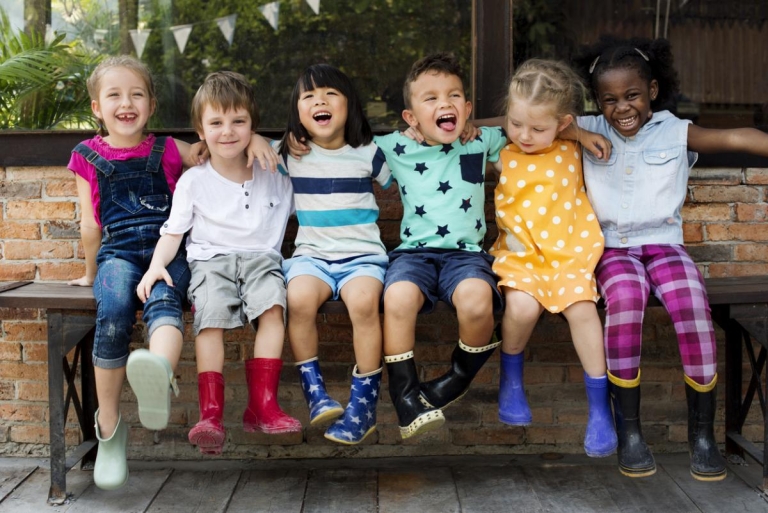blog post
raising optimistic kids

The January 15th issue of Time magazine was extraordinary. It was primarily devoted to all the good things happening around us. Edited by Bill Gates, the articles challenge our sense that things are bad and getting worse. In fact, most our world has never been better.
Reasons for optimism are omnipresent. I won’t overwhelm you with statistics, but the data are positive concerning maternal morality rate, deaths of children under five years of age, increased rates of vaccination, and percent of people living below the poverty line.
The numbers tell us that we live in the best of times. Why doesn’t it feel that way? Gates points out a few reasons. “Bad news arrives as drama,” says Gates, “while good news is incremental---and not usually deemed newsworthy.” We turn on the news and hear about the tragic death of a teen driver on prom night. We don’t often hear positive news, such as the fact that traffic deaths for teens have decreased 340 percent in the past 35 years.
Life is partly about perceptions. Gates wrote, “…because the improvements don’t keep pace with our expectations, it can seem like things are getting worst.” Our intolerance for unmet expectations is good in a way. It motivates us to improve ourselves and society. However, there’s a down side. It’s easy to feel overwhelmed and depressed, fueled by the constant, graphic media bombardment of stories about evil people and tragic events.
Raising optimistic children is a challenge. We want our children to appreciate what they have, while still striving for personal growth and societal changes.
1. Be careful of venting. It’s easy to criticize almost any situation, but extremist and persistent harangues aren’t helpful to kids. The same government that you demonize for a myriad of bad things is also responsible for an endless number of great services and programs. It’s fine to be critical, but be careful not to be overwhelmingly negative. It’s tough for a pessimistic parent to raise an optimistic child.
2. Express gratitude. Optimistic kids have a sense of appreciation for what they have, rather than complain about what they don’t. Your children imitate you. When our kids were young, we would hold hands before dinner and say something we were grateful for.
3. Manage expectations. High expectations, for ourselves or others, have the potential to either propel us to action or drive us to despair. Optimistic people have a positive yet realistic outlook on life. They realize that things don’t always meet their expectations. However, rather than whine about a situation, they make adjustments and move on. Make certain your kids’ expectations are reasonable, and be a role model for how to manage situations when things go awry.

